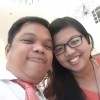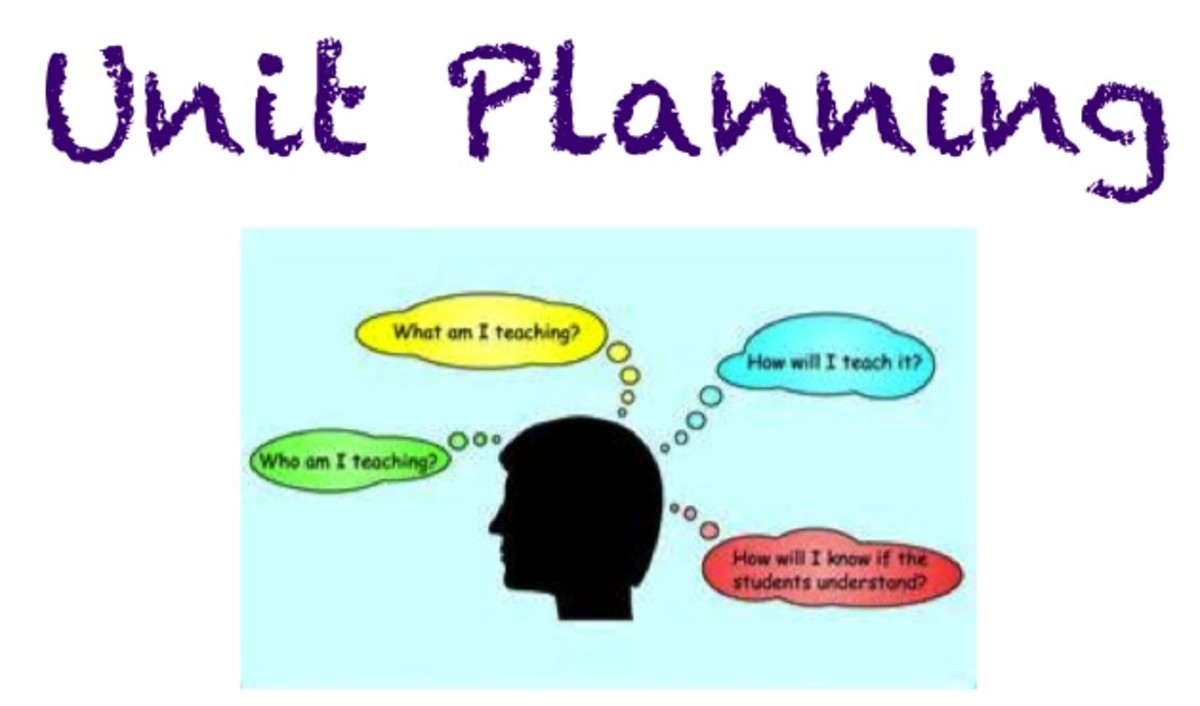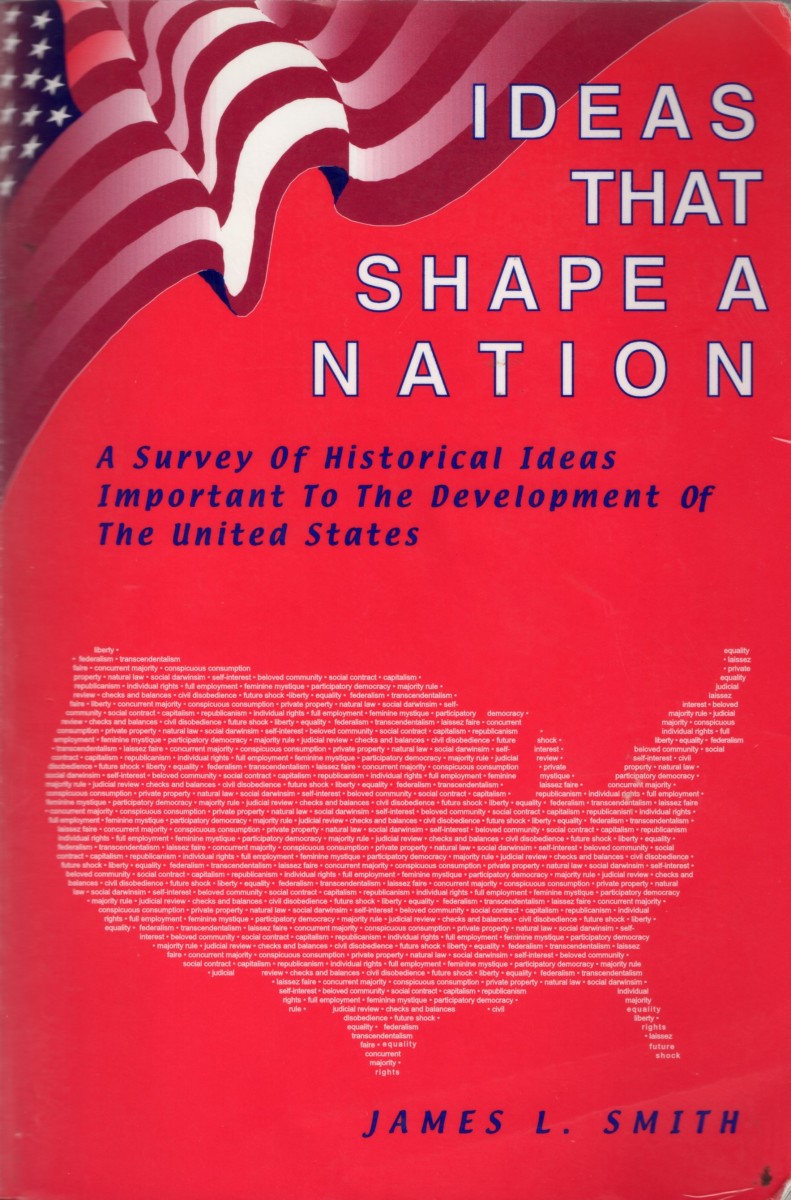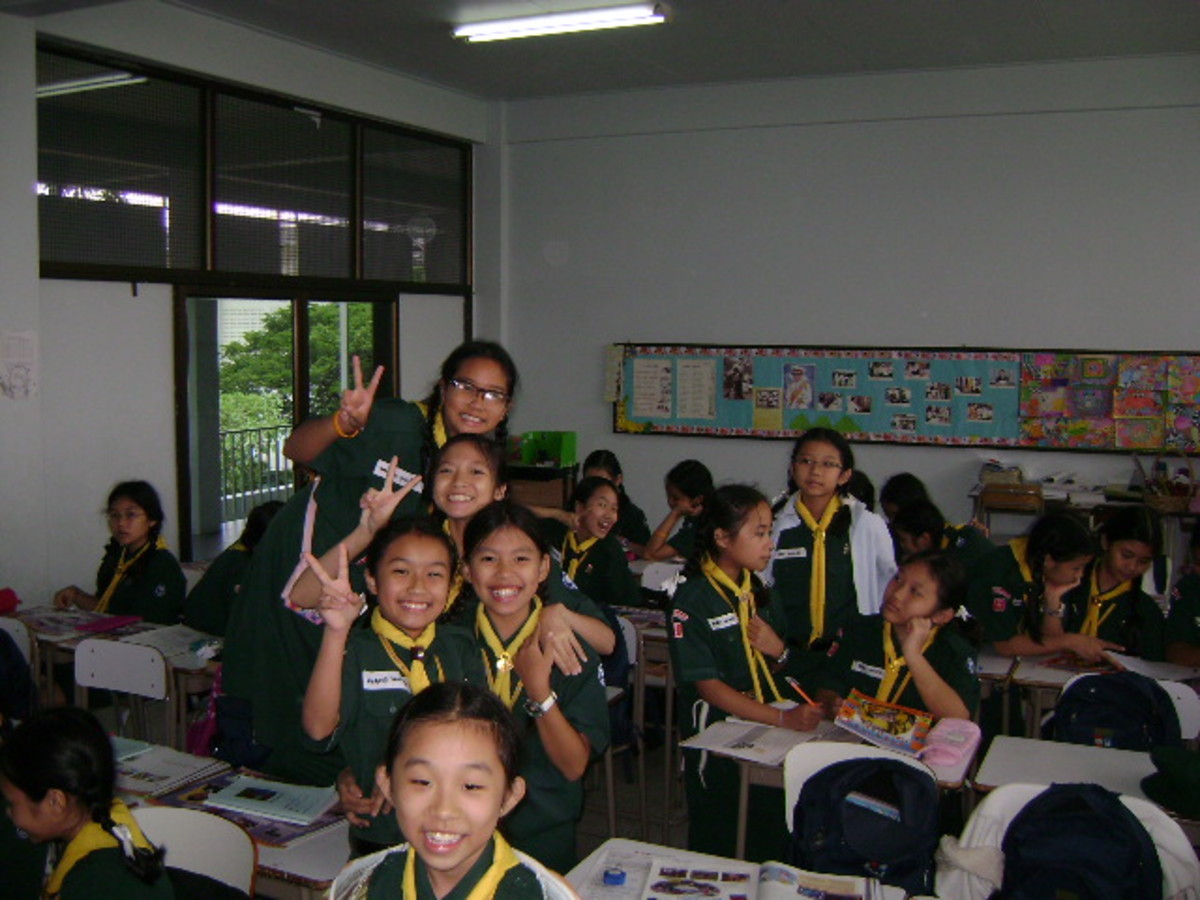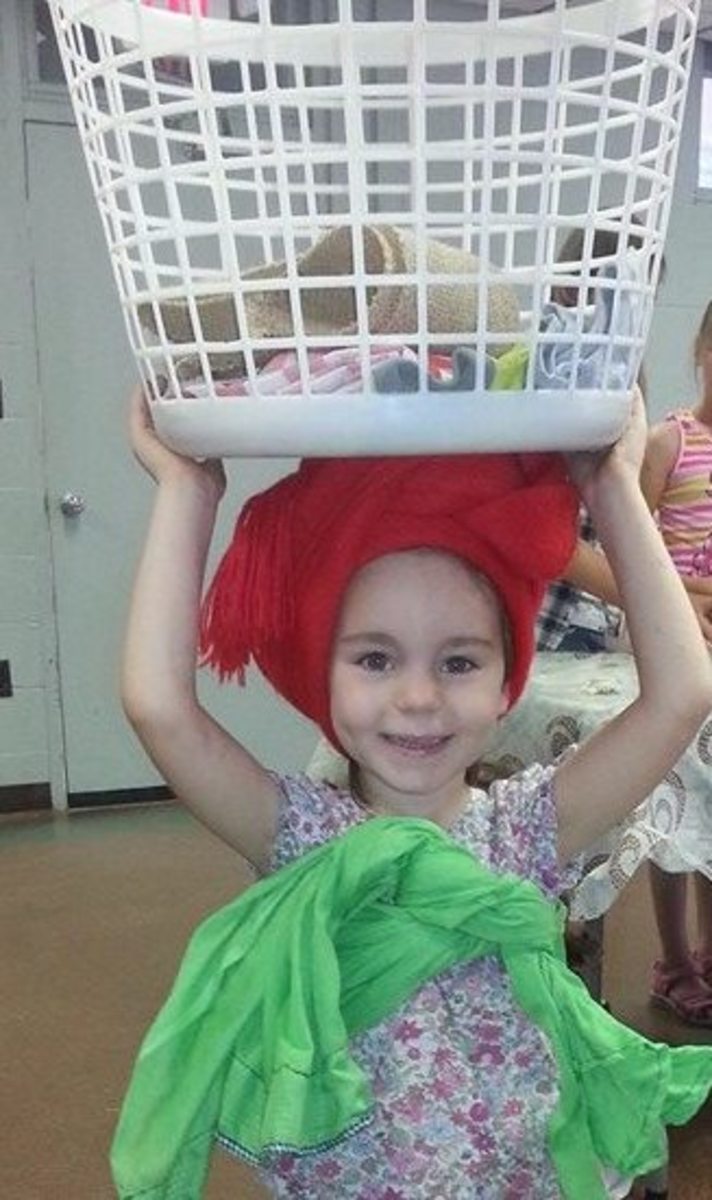Integrating Religious Education, Dialogue and Democracy in Curricula
Transformative Leadership in Education
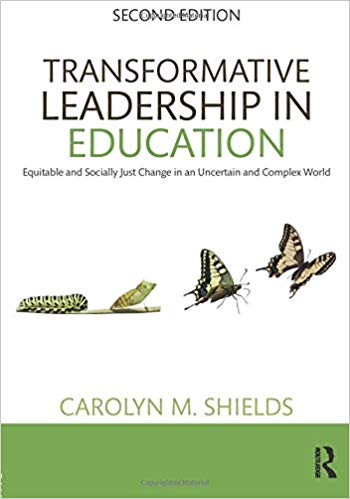
Integrating Religious Education, Dialogue and Democracy in Curricula
All men desire that which is considered to be of the most worth. The taming of the ‘shrew’ and the finesse in man’s behavior accompanied by his ability to morally and ethically mingle and co-exist with others who may have conflicting beliefs and backgrounds is often believed to be deeply rooted in his formal schooling and the nature and quality of life with which he may be born with and in. A close study of history and literature or mere observation of students will reveal how they have developed such personalities and behavior. Ultimately, however, the blame of a student leaving the path towards growth, progress, and development in all aspects of his being is pointed to have emanated from his schooling. For this purpose, this short paper is written as a call for a radical reform of the current educational systems with a firm resolve to propose a better and proven methodology of incorporating spiritual and democratic objectives and lessons in the existing curricula.
The Phenomenological Approach to the Syllabi
The focus of learning in and outside the hallowed walls of classrooms in formal schools is to give a lasting and worthwhile learning experience for students so much so that when they have left the campus, they have become whole. Notice that the main goal is to produce holistic individuals who are whole or complete. Abraham Maslow regards this as the ‘self-actualization’ or the ‘super-ego’ needs; when these are met, people almost become the Theory Y that Douglas McGregor had envisioned --- the perfect worker/leader. The question, however, is how come such graduates do not seem to be reported and acknowledged in public as proposed by the Behavioral School of Thought pioneered by the Gilbreths? The answer lies in the nature, contents, and delivery of lessons in the institutions of learning. In fact, it is evident and highly observable that the lessons and measuring devices used in today’s classrooms have become so focused on the numbers or quantity that the quality has become a pain in the assessments and evaluations after each school year of classes. The proposal is to shift from such a number-centered principle by concentrating on the things which will help shape a student’s character and personality ultimately making him or her the perfect being he or she could be.
The phenomenological approach as a revision of existing syllabi can be viewed as something that is not new yet often neglected or totally disregarded for obvious reasons. First, there are people who believe that it will only work in a homogeneous community where all have a singular belief system. This makes it implausible for more diverse communities and society, especially those which serve as melting pots of cultures in a small and specific highly populated environment. Second, it is also seen as something which may foster religious indoctrination or a threat to the very freedom of worship or anyone who may not have the same faith as the majority thereby isolating and even perhaps ostracizing the ones who are not-of-the-same faith. Third and lastly, such an approach may be viewed as highly limiting to one’s true potential since all students may have to develop a certain affinity and loyalty to the dominant religion or religious system. However, these are but twisted and perverted perceptions of the proposed phenomenological approach which wants to shift the paradigm from objective research to subjective understanding of lessons; a more thorough and holistic methodology of incorporating the shift from quantitative measurements of learning to understanding human behaviors more especially outside the classrooms thus leading to a more conscious experience of who and what they really are in the family, community, and the society; and the pursuit toward the discovery of self and one’s own influences and impact to everyone and everything around each student (Shields, 2012). Clearly, this paradigm shift in formal schooling can have a dramatic impact and produce significant results in the current state of social, religious, political, economic, and even family affairs that people have.
A Spiritual Rebirth for Social Studies Curricula
Close scrutiny of an ant or bee colony will reveal that the hive is working at a tremendous pace of growth, progress, and development. Systems Theorists have long proposed the adoption and adaptation of how these insects have come to provide a perfect example of a self-sustaining, self-reliant, and self-fixing closed system that rivals any of man’s present systems. This is the same proposal presented in this paper. If the phenomenological approach is not utilized or properly implemented and monitored even when it was given the opportunity to be tested, nothing good will come out of it. To guarantee that such ‘near-perfect’ results will be met and observed, a spiritual rebirth for social studies curricula has to be made, piloted, assessed, and only then implemented on a grand scale. The point is to target the internal aspects of students, not the mere superficial and output-based systems which are now being used (Shields, 2012). The solution is to have a religious education.
A quick tour of religious institutions of learning will show how organized the school is, how disciplined the students are, and how open most (if not all) members of the school(s) are to others. The degree of acceptance, attention given to, and interest in others is something that many non-religious schools do not have or show. Similarly, even by observation alone, it is easy to see how to discipline, instructions, and activities are followed to the letter; not that people are forced to do so due to stringent rules and policies but due to the willingness of students and staff to be one will the school administration in doing so. Margaretta L. Patrick’s article ends with a powerful statement that reads: “the lack of religious education in social studies obstructs the implementation of a multicultural society by maintaining a secularist bias in public schools, contributing to the marginalization of religious minorities, failing to address the instrumentalization of religion and ignoring the connection between religious education and the promotion of citizenship” (p. 154). This is true in perhaps almost all communities and societies simply because the built-in systems within the schools do not foster the kind of behavior which is open to acceptance of others often leading to marginalization or ostracizing. The solution is to develop the religious or spiritual aspect of learners so much so that they become fully aware of the benefits they can give to others and the community, the impact they can show to others who may not share the same belief, and the influence of their examples portrayed in real-time which may have a profound effect on others’ behavior and towards others as well.
Integrating the Value of Truth-Seeking in the Classrooms
The best way to incorporate the religious aspects of learning in the current syllabi and curricula are the following: first, include lessons or subjects on comparative religions but focus on binding effects of religions to the world. Note that radical religions and belief systems may also be included in the discussion but only to show the extreme effects when religion becomes perverted just as such in any other endeavor. Second, the objective must be anchored on the lessons which foster religious pluralism leading to a more open and developed nation, individuals, civilizations, and citizenship thereby ushering in a true democracy (Patrick, 2015). However, it must be understood that this does mean that religious education is free from criticisms and analyses of other people or systems; it should be so that it can further develop into a more encompassing system that will produce the type of people necessary to maintain the democracy all long for; it must be allowed from state interference through cultural, administrative, legal, and political means as a form of check-and-balance or oversight guaranteeing that no one will violate its sacred mission for the students and members of all institutions of learning. In a different light, how can students participate in the cultural, social, and economic challenges unless they are literally and figuratively standing on higher grounds? Only through the integration of religious subjects in the curricula can such changes be felt and seen (Shields, 2017).
Conclusion
The proposed ideal model in this paper can be seen both in nature and in academies, schools, and institutions that have learned to ‘dance with the times.’ Religious pluralism with a broader view towards democracy and man’s free will designed to shape, build, and enhance people’s behavior and personalities by targeting and improving their internal values system through proper religious lessons incorporated in the school syllabi and curricula is the ultimate goal. If planners of education are not merely centered on the numerical values their specific institutions may boast of in the next academic year to lure in more enrollees, then there is hope for a more holistic methodology in the classroom and outside-campus discussions. It is the commercialization of education and blatant competition among institutions of learning which serve as the greatest stumbling block to achieving the end goal of this proposal. Sadly, these are the same problems that make our societies, communities, and families chaotic. In this resolve, it is very critical that such a proposal be incorporated, implemented, and institutionalized at the soonest possible time!
References
Patrick, Margaretta. (2015) A call for more religious education in the secondary social studies curriculum of western Canadian provinces, Curriculum Inquiry, 45:2, 154-175, DOI: 10.1080/03626784.2015.1011043
Shields, Carolyn. (2017) A Dialogue Between Leadership and Curriculum Theory: A Quest for “Truth”? Leadership and Policy in Schools, 16:2, 383-388. https://doi.org/10.1080/15700763.2017.1298813
Shields, Carolyn. (2012). Transformative leadership in education: Equitable change in an uncertain complex world. New York, N.Y: Routledge. Print.
Want More?!
For more literary analyses, reviews, reflections, and papers visit the link below and read any of the blogs which will best fit your reading and writing needs. Enjoy!
https://hubpages.com/@rhyleesuyom
Here are a few which may interest you:
https://owlcation.com/humanities/Edgar-Allan-Poes-the-Tell-Tale-Heart-A-Literary-Analysis
https://owlcation.com/humanities/The-Noahs-Ark-Influence-on-Western-Literature
https://owlcation.com/humanities/Katherine-Mansfields-The-Garden-Party-A-New-Critical-Approach
https://owlcation.com/humanities/Shiloh-by-Bobbie-Ann-Mason-An-Analysis-of-Fiction
